
 Did you grow up with weather-related folklore that you still use today?
Did you grow up with weather-related folklore that you still use today?We did!
"90 days from a dense fog will be a blizzard."
"Red skies in morning, sailors take warning."
"March comes in like a lion, it goes out like a lamb. If it comes in like a lamb, it goes out like a lion."
I can almost hear my parents saying these words as I write them. We would even go to the calendar and calculate when that big snowstorm would hit and record it to see if it came true. So many questions come to mind: When did my folks learn these sayings, who taught them, was it something my grandparents learned and brought to America or is this a newer generation of folklore?
The lore surrounding the weather is as vast as the sky above, with sayings, proverbs, and beliefs passed down through generations. These snippets of wisdom, often based on careful observation, have guided farmers, sailors, and travelers long before the advent of modern meteorology. Today, they can serve as delightful prompts for journaling, grounding our thoughts, and reflections in the natural world's rhythms.
One unique and enriching way to inspire journal entries is by weaving in the timeless wisdom of weather folklore.
Weather folklore, steeped in observation and generational wisdom, offers a charming way to connect with the natural world and find inspiration in the ordinary. In fact, several of the sayings actually have scientific reasoning behind them. Consider using your folklore memories as journal entries and weaving a bit of science research into them for a fun message to leave for the next generation.
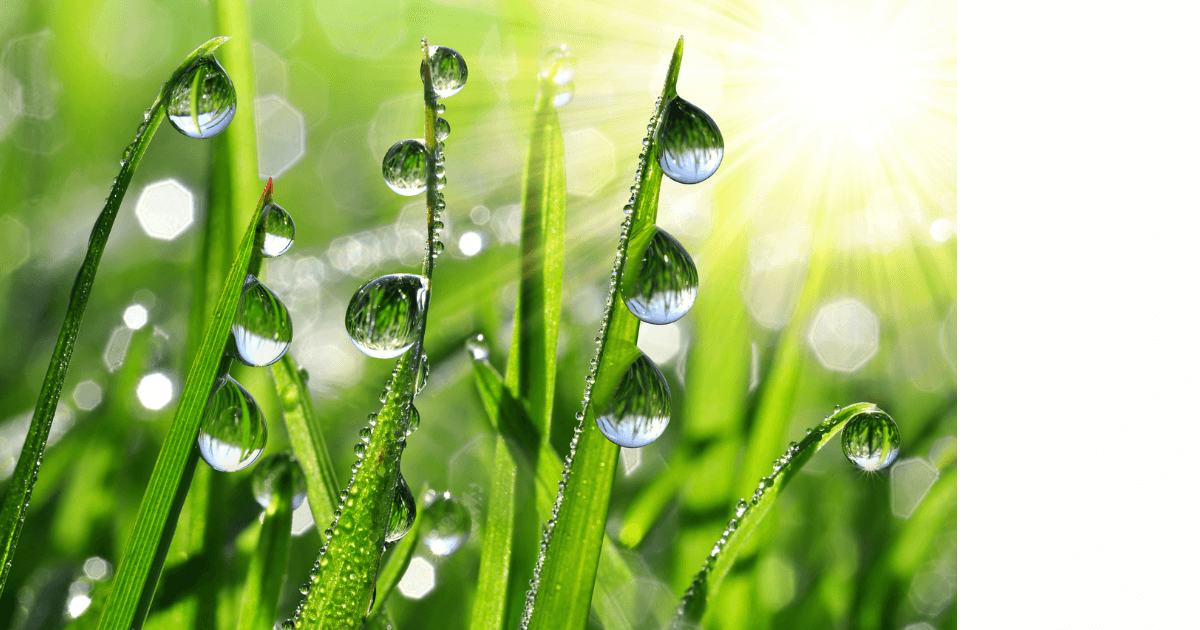
Let's look at the Lore, science, and ideas for journal entries.
Red sky at night, sailor’s delight; red skies in morning, sailors take warning.
Without trying to sound like an expert in weather science (I'm fascinated but no expert), let's look at the science that might lend validity to this saying.
The sun sets in the west. If the skies are clear with more of the reds and oranges on display, it usually means the weather will be calm the next day. This has to do with the air and dust molecules at the horizon and their resulting wavelengths as they come through the atmosphere. This piece of folklore is one of the most enduring, and for good reason. It speaks to the beauty and predictability of nature. This corresponds with the movement of high and low-pressure systems which predict calm or stormy weather.
How could you journal about this?
- Are you an early morning person? Have you ever heard or said, "Hum, red skies in morning, sailors take warning" before you headed out for your day's activities?
- What feelings did it evoke? Did the day follow the weather lore prediction?
Maybe, like me, you wondered if your ancestors used this when they navigated their travels.
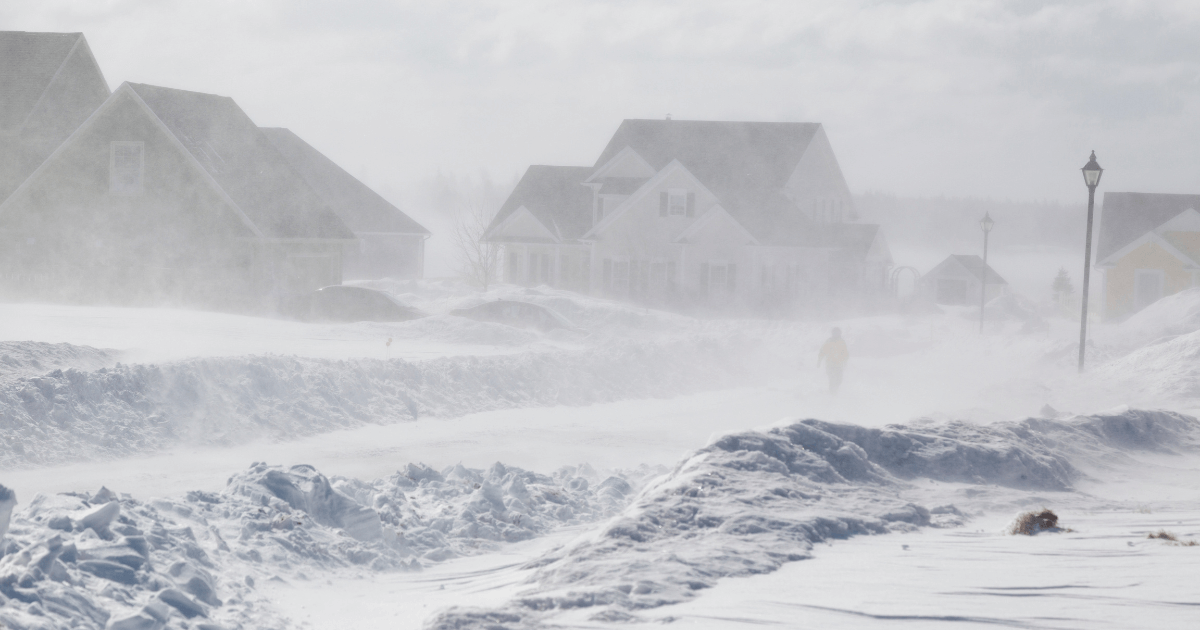
March: In like a lion, out like a lamb. If it comes in like a lamb, it goes out like a lion.
I grew up in North Dakota. March was always an unpredictable and often extreme month of transition from winter to spring. This saying encapsulates the unpredictable nature of March weather, where the beginning can be harsh (like a lion) and the end mild (like a lamb).
Journaling ideas:
- Did you use this as a kid to plan snow days from school, prepare food and other supplies for any last-minute storms, or get antsy anticipating early spring projects or adventures?
- Consider the transitional periods in your life. Can you identify any "lion" moments that eventually led to "lamb" levels of peace or resolution?
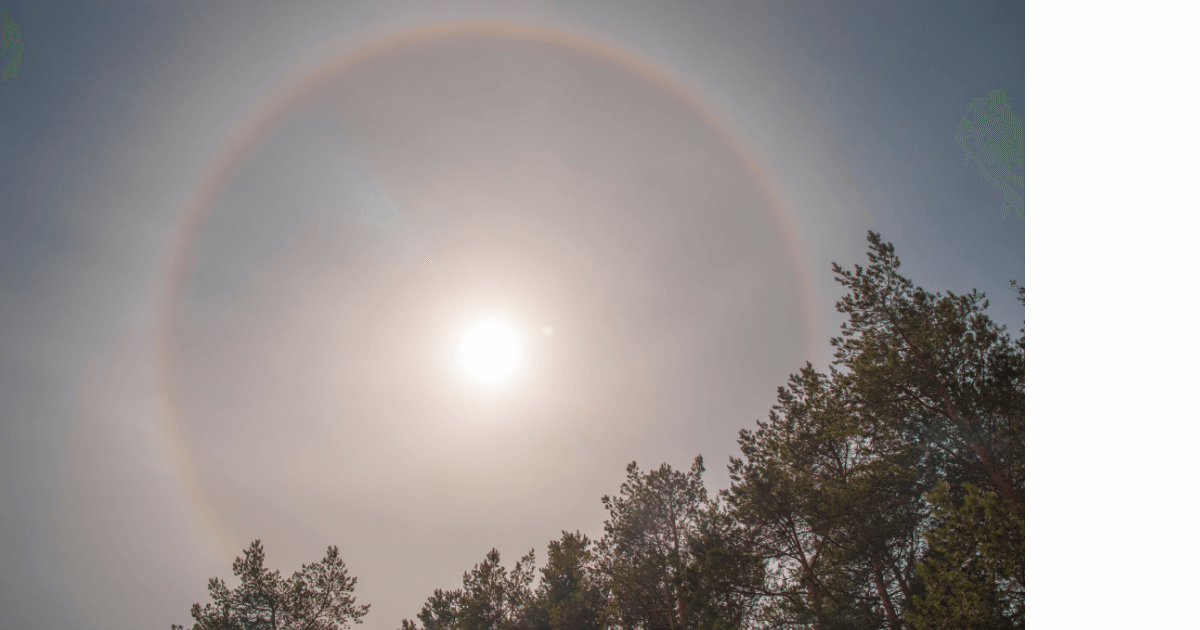
The Halo Around the Moon: Rain or Snow Soon
A ring around the moon is said to bring rain or snow. The halo is actually caused by ice crystals in high cirrus clouds, which often signal a weather front bringing precipitation. Have you ever seen this?
Journal Prompt:
- Write about when you noticed patterns or signs indicating a change was coming. How did you prepare, and what was the outcome?
- Does your body tell you when there's a significant weather or temp change? Any aches or pains?
- Have you ever noticed or attributed personality changes to barometric changes or a full moon? Do you know any teachers? Ask them this question and see what they say.
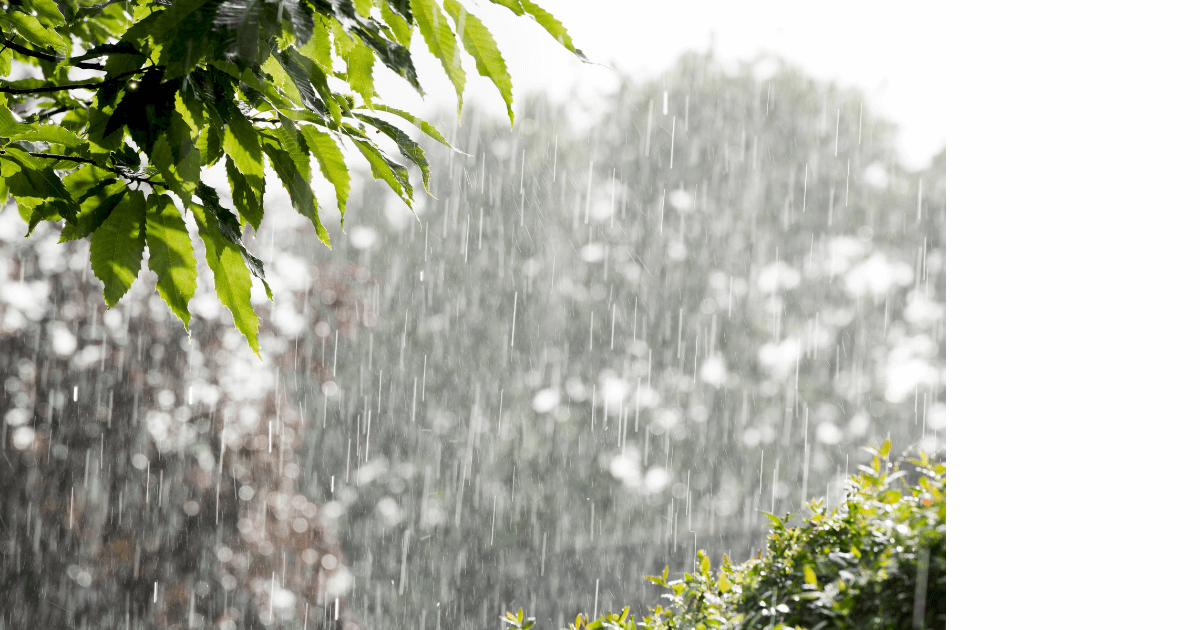
Here are a few more you might know:
- When dew is on the grass, rain will never come to pass.
- If clouds move against the wind, rain will follow.
- When windows won't open, and the salt clogs the shaker, the weather will favor the umbrella maker.
- When clouds look like black smoke. A wise man will put on his cloak.
- When March blows its horn, your barn will be filled with hay and corn.
- Onions skins very thin, mild winter coming in; onions skins thick and tough, coming winter cold and rough.
- Rain before seven, clear by eleven.
- No weather is ill, if the wind is still
- A sunshiny shower won’t last half an hour
- Clear moon, frost soon
- When the dew is on the grass, rain will never come to pass
The rhythmic verses are so fun to say and easy to remember, it makes sense that they would carry through the generations. As you journal, you might be reminded of other sayings, nursery rhymes, or poetry that's been a part of your world since youth.

What to journal?
- Whenever you struggle with what to write, just enter the words you remember.
- Always ask yourself the what, when, where, and who questions to stir your memory.
- Look for other connections to the verse.
- Do a little research to see if see if you can uncover more info. Add any insight to your journal entry.
- Doodle, draw, or collage an image that corresponds with your thoughts.
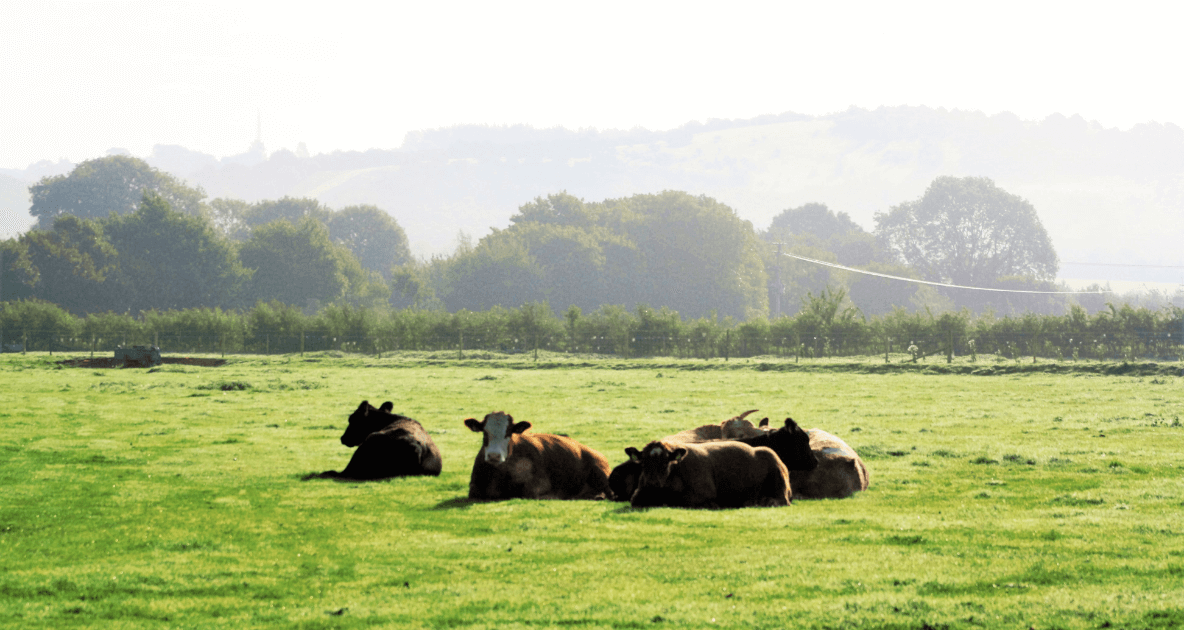
The weather folklore also included observing animals.
- When Cows Lie Down, Rain is Coming
- One crow for sorrow, two crows for joy, three crows for a girl, four for a boy, five crows for silver, six for gold, seven for a secret never to be told.
- If crows fly low, winds going to blow; If crows fly high, winds going to die.
- The Black band on a woolly caterpillar indicates the severity of the upcoming winter
- Counting Cricket Chirps to Tell the Temperature
- If geese bathe it will rain
- If chicks seek shelter, the weather will be wet
- Fish appear on the surface of the water before rain, and go to the bottom before a strong wind.
- A cow with its tail to the West makes the weather the best, a cow with its tail to the East makes the weather least
- Cats and dogs eating grass if it's going to rain.
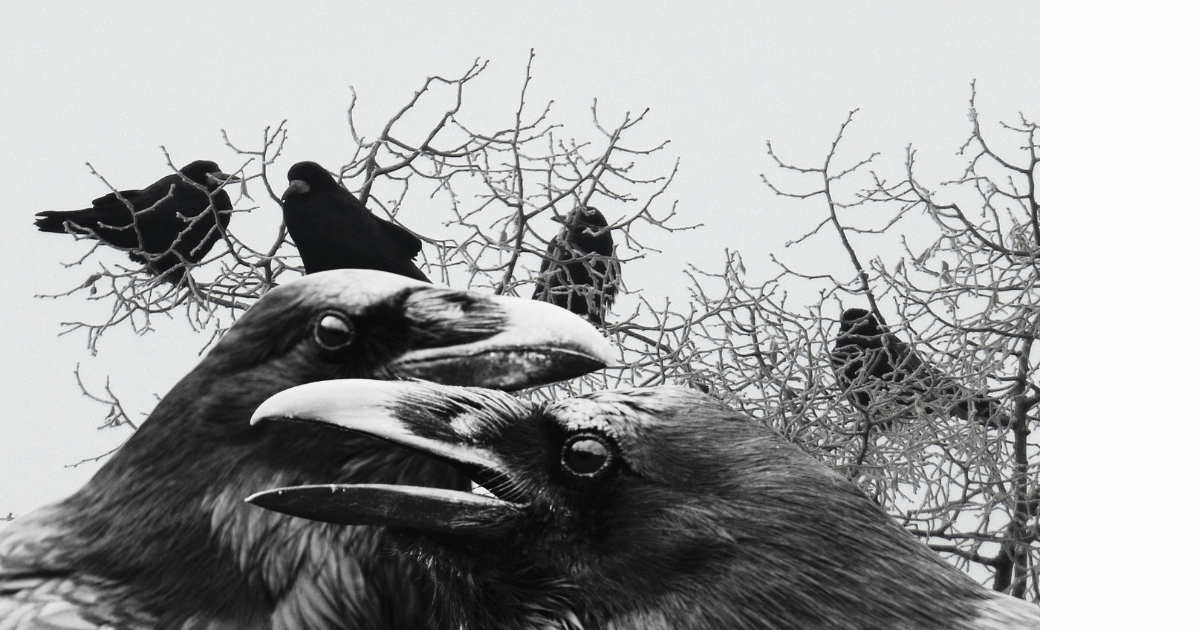
While there's debate about the accuracy of this lore, there may be a bit of truth.
Let's start with the cows. Cows lie down when they want to lie down. However, it's thought that cows may lie down to preserve a dry spot on the grass in anticipation of rain.
Crickets: This may actually be based on actual observations. Crickets are cold-blooded and chirp more in warmer weather. Next time you hear the chirping, count the number of chirps in 14 seconds and adding 40. See if it's accurate for you.
Each piece of weather folklore serves as a bridge to our ancestors' wisdom and as inspiration for our journaling practice. It reminds us to look beyond our immediate preoccupations and to find beauty and lessons in the earth's everyday cycles.

In your journal,
- Reflect on how you react to intuition or signs. Do you follow instinctual behaviors before an even?
- Think about a moment when nature directly influenced your actions or decisions.
- How did this interaction make you feel about the interconnectedness of life?
Journaling prompted by weather folklore can deepen our connection to the world around us and to the generations who navigated it before us. Whether we find truth in these old sayings or not, they engage us in observing patterns with animals, the skies, and the seasons. They enrich our writing and our lives with their wisdom.
Weather folklore, with its blend of poetic imagery, offers a rich vein of inspiration for our journaling practices.
If you'd like more journaling ideas, check out another one of our posts, Journal Prompts to Unlock Creativity, Clarity, and Focus!


























0 Comments